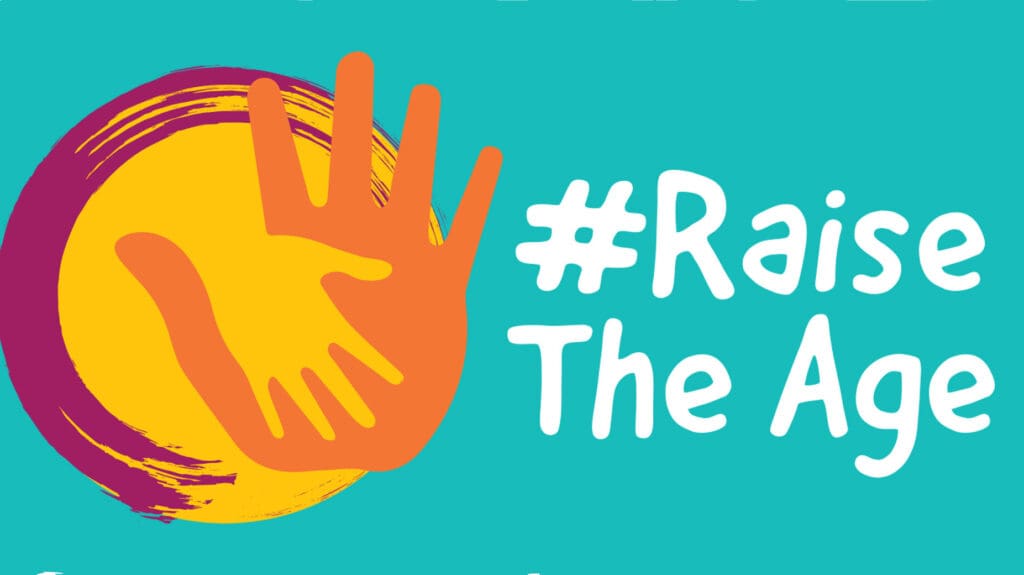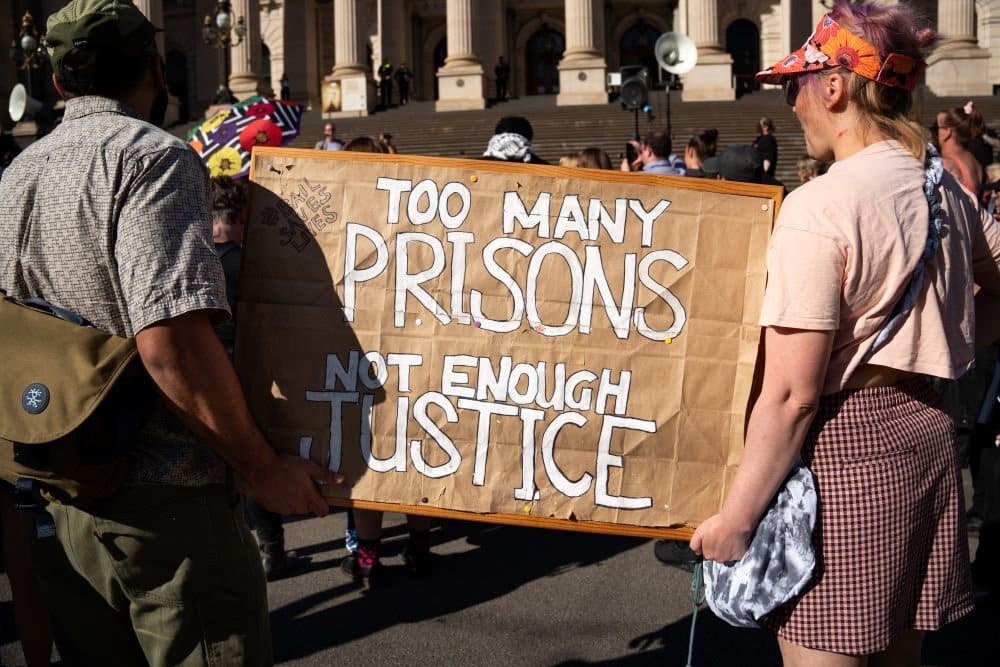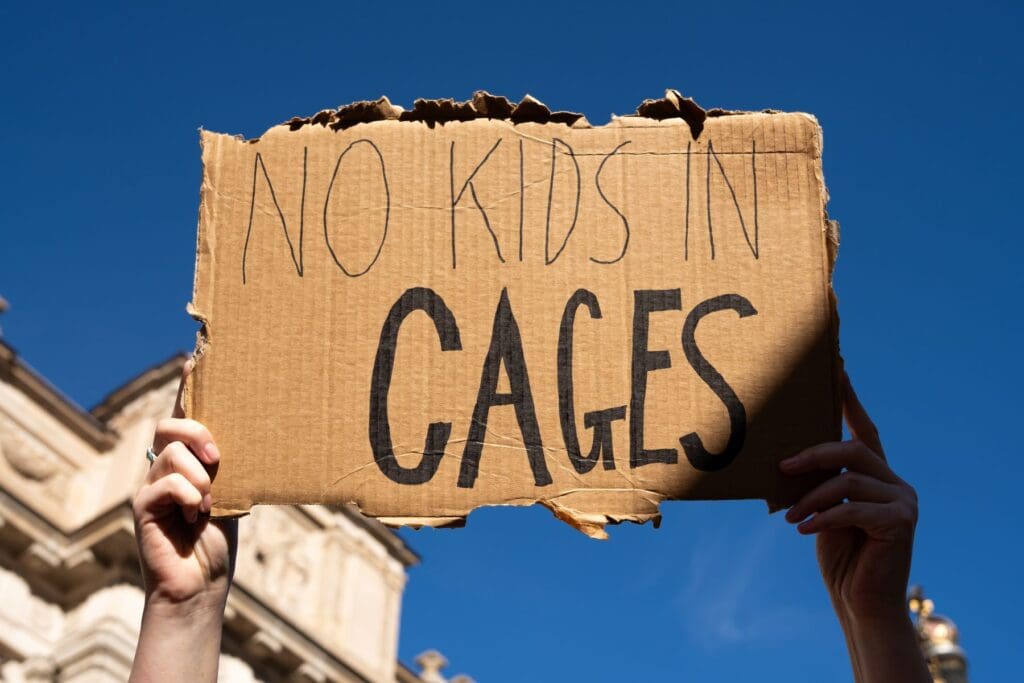Women in Tasmanian jails subject to hundreds of needless strip searches
Newly obtained data shows that, over a 7-month period, women in Tasmanian jails were subjected to 841 strip searches. Just 3 items were found as a result of the invasive searches – one pain medication, one tobacco and lighter and one tobacco and match sticks.
The Tasmanian Aboriginal Legal Service and the Human Rights Law Centre have condemned the excessive strip searching of women in Tasmanian jails, warning that it contravenes international human rights standards which state that strip searches should only be undertaken when absolutely necessary.
However, Tasmania has a policy of routinely strip searching all women in prison, including on initial entry, before and after having a contact visit with family and when leaving the prison.
The Human Rights Law Centre obtained the data through Tasmanian Right to Information laws from Mary Hutchins Women’s Prison and the Risdon Prison Complex for the period between October 2020 to April 2021.
Tracey Dillon, CEO at the Tasmanian Aboriginal Legal Service, said:
“Strip searches are degrading. There are other means of checking if someone going into or out of jail is carrying anything that may harm or hurt themselves or others. For example, using X-ray machines would ensure both inmates and corrections officers can be protected, and their dignity maintained. The Tasmanian Prison Service must stop doing strip searches unless there are exceptional circumstances.
“All people in prison should be treated with dignity and respect. Aboriginal women have been exposed to this humiliation for 200+ years. These humiliations have led to ongoing physical and psychological trauma at the hands of colonisation and government policies and as a result many Aboriginal women have been abused sexually and violently. The re-traumatising practice of routinely strip searching women in Tasmanian jails must end.”
Monique Hurley, Senior Lawyer at the Human Rights Law Centre, said:
“This should be a wake up call for the Tasmanian government. It shows that overly broad laws allow for women to be routinely stripped of their dignity without justification.
“Being subjected to routine strip searching can be dehumanising and degrading for any person. It is an invasive, humiliating practice that can be particularly re-traumatising for women in prison, many of whom are survivors of trauma, sexual abuse or family violence.
“There is no excuse for the Gutwein government to continue routinely strip searching women when there are far more effective and less intrusive ways of checking for contraband, like using x-ray scanners similar to those used at airports.”
A strip search should only ever be permitted as a last resort after all other less intrusive search alternatives have been exhausted and there remains reasonable intelligence that the person is carrying dangerous contraband. This must be assessed on a case-by-case basis, and cannot ever be done as a matter of prison routine.
In order to ensure transparency and accountability, the reasons for any strip search, and the basis for forming having reasonable intelligence, must always be documented.
Media contact:
Tasmanian Aboriginal Legal Service: Tracey Dillon, CEO, 0414 305 555
Human Rights Law Centre: Evan Schuurman, Media and Communications Manager, 0406 117 937

ACT becomes first jurisdiction to raise the age to 14 while the rest of the country lags behind
Change the Record and the Human Rights Law Centre welcome the ACT raising the minimum age of criminal responsibility to 14, and call for all Australian Governments to raise the age to at least
Read more
Crisafulli Government’s shameful adult sentencing laws will harm kids, families, and communities
The Human Rights Law Centre and Change the Record have slammed the Crisafulli Government for passing laws that will sentence even more children to adult-length terms of imprisonment. The laws will lock up children for even longer, and harm kids, families, and communities.
Read more
Aboriginal human rights experts take Australia’s racist youth justice policies to the UN
Aboriginal leaders are calling on the United Nations to take urgent action to address Australia’s discriminatory and punitive youth justice policies
Read more



